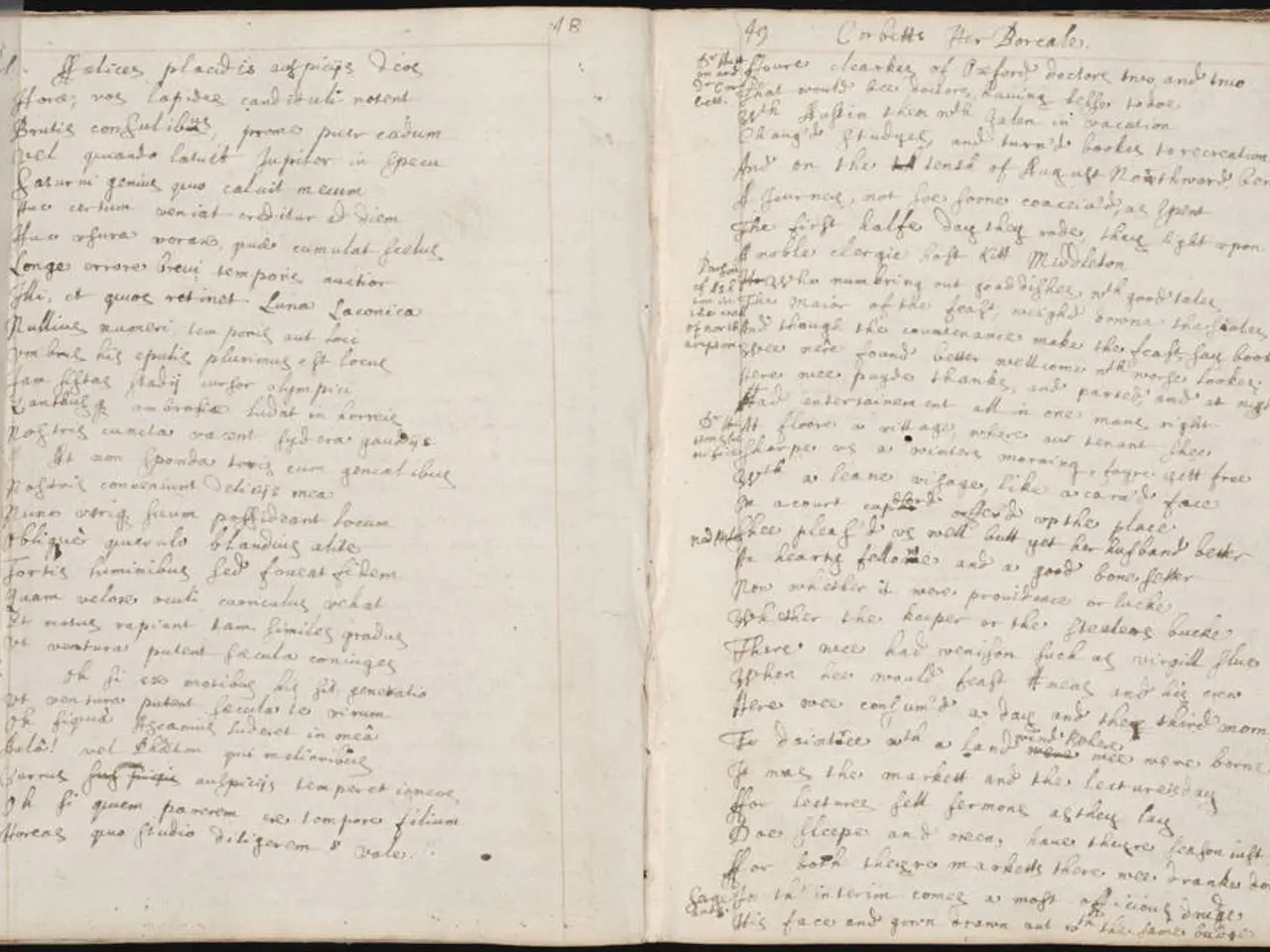Writing a Memorable Book Dedication for Engaging Readers
Book dedications can add an emotional depth to a book, humanizing the author and offering a personal touch that resonates with readers. These brief messages, often found immediately after the front matter, serve as a heartfelt acknowledgement of the people who have had a significant impact on the author's life or writing journey.
The Importance of Book Dedications
Book dedications are optional, but they can be a meaningful way to express gratitude to those who have played a role in the creation of a book. They can range from a simple, sincere message to a poetic tribute, reflecting the author's personal experiences and sources of inspiration.
Placement and Formatting
Typically, the dedication page comes after the copyright/reverse title page and before the main text or acknowledgments section. It is usually centered on its own page, with the text formatted in italics and the font consistent with the rest of the book. Page numbers, headers, or footers are often omitted to keep the dedication page visually distinct.
Examples of Book Dedications
Carl Sagan, in his iconic work "Cosmos," dedicated the book to his wife, Annie, emphasizing the beauty of the human experience. C.S. Lewis, the renowned author of "The Chronicles of Narnia," dedicated "The Lion, the Witch, and the Wardrobe" to his goddaughter Lucy.
More recent examples include S.A. Chakraborty, who dedicated "The Adventures of Amina al-Sirafi" to parents struggling in tough circumstances, and Ashley Poston, who directed her dedication in "The Seven Year Slip" towards food lovers who struggle in the kitchen.
Writing a Book Dedication
When crafting a book dedication, it's essential to keep it short and sweet, letting your personality and emotions shine through. Avoid sarcasm, and look at existing examples for inspiration. Draft several versions, keeping the dedication public in mind. There is no template or formula; each author writes their dedications in different ways and styles.
Remember, the most important thing about a book dedication is that it comes from the heart and is safe to share with the public. It's a chance to express gratitude, show humility, and provide a shorter, more personal alternative to acknowledgments.
In conclusion, a book dedication is a simple yet powerful way to acknowledge someone important to the author. It's a personal and meaningful touch that can make a book feel more human and relatable, adding an emotional depth that resonates with readers.
- Sincerely thanking those who contributed to the writing process, authors may include a social dedication, touching on aspects of lifestyle, home-and-garden, or mobile apps that have inspired their creative journey.
- In the world of print publishing, a book dedication page is typically placed after the copyright page and before the main text, adhering to a design that emphasizes its distinction with italicized text and consistent formatting.
- Innovative authors may use their dedications as a medium to advocate for social causes, dedicating their work to individuals or groups, such as students, scientists, or organizations, that align with their ideologies.
- By integrating poetic tributes or personal anecdotes, authors can make their book dedications as unique as the metadata that distinguishes each published work from the millions in circulation.




